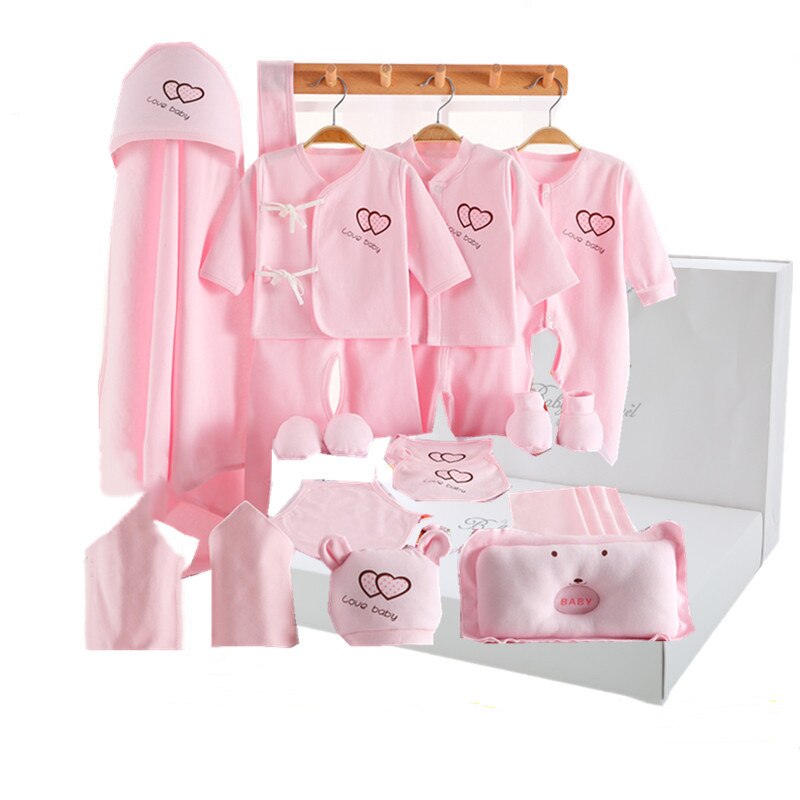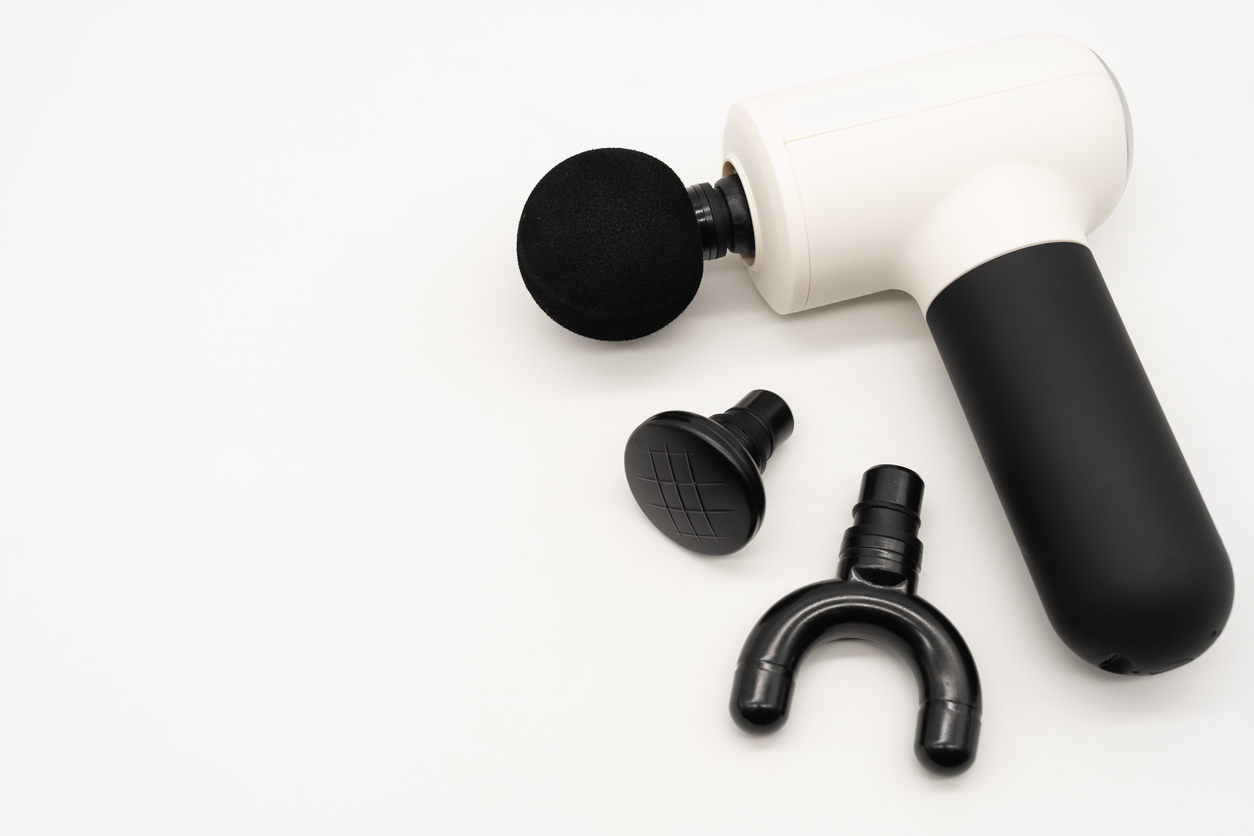Nigerian Baby Wears: A Market Analysis
Nigerian Baby Wears: A Market Analysis
The global market for children’s clothing is expected to reach a valuation of US$144.5 billion by 2020, driven by factors such as increasing number of working women, increasing number of single-parent households, and increase in the disposable incomes of parents. The Nigerian baby wears market has also grown with the changing socioeconomic conditions. Newer brands have introduced new lines with different styles catering to their target market. The demand for baby clothes manufacturers in Nigeria has grown significantly because it is common knowledge that babies grow out of their clothes at an astonishing rate! As a result, parents are always on the lookout for cheap but quality outfits for their little ones. Given this scenario, there is ample room for new entrants as well as existing players to expand their business operations and service offerings within the industry.
Nigeria Baby Wears Market Overview
Nigeria is a federal republic in West Africa with a population of about 190 million. Its Gross Domestic Product (GDP) in terms of purchasing power parity is about $700 billion. Its main economic sectors are agriculture, manufacturing and services (about 65%, 15% and 20%, respectively). The country’s textile industry is a sizeable one, with a large number of players having their operations here. The apparel manufacturers account for a major share of the textile industry in the country. The big players in the industry, such as Reliance Industries, Raymond Limited and Asian Textile are known for their extensive operations across the globe.
Reasons to Buy this Report
This report on the Nigerian baby wears market analyses the current state of the market and its prospects over the next five years. The report has been prepared based on an in-depth market analysis with inputs from industry experts. The report covers the key market segments and segments, and provides an analysis and a forecast for the baby wears market in Nigeria. It discusses the drivers and the challenges of the market, and the opportunities that exist in this market. It also provides a detailed description of the baby wears market in the country, and recommends actions for companies interested in this market. This report has been prepared based on an in-depth market analysis with inputs from industry experts. The report covers the key market segments and segments, and provides an analysis and a forecast for the baby wears market in Nigeria. It discusses the drivers and the challenges of the market, and the opportunities that exist in this market. It also provides a detailed description of the baby wears market in the country and recommends actions for companies interested in this market.
Key Findings
Nigeria has a large population of young people, which is expected to drive the demand for baby clothes in the country. The country has a large middle class population, which is expected to drive the demand for upscale baby clothing. The country’s large population of young people is expected to drive the demand for baby clothing. There are a large number of manufacturers in Nigeria. This is expected to increase competition in the market and drive down prices. The country has a high number of new-borns, which is expected to increase the demand for baby clothing. The country has an average number of children per household, which is expected to drive the demand for baby clothing.
Nigerian Baby Wears Market Analytics
The Nigerian baby wears market has been segmented based on the type of product, distribution channel, and the region. The market has been further segmented based on the demographic of the end user, the price range and type of fabric. The market has also been segmented based on the end-use of the product. Based on the type of product, the market has been segmented as follows: Blankets Bodysuits Boots and shoes Jackets Skirts Dresses Swimwear Based on the distribution channel, the market has been segmented as follows: Hypermarkets and super markets Department stores Online Retailers Specialty Stores Others (truckers, wholesalers and flea markets) Based on the region, the market has been segmented as follows: North South West East
Growth Prospects
The Nigerian baby wears market has been growing at a steady rate and is expected to continue its growth trajectory over the next five years. The increase in the number of working women, increase in the number of single-parent households, and the increase in the disposable incomes of parents will drive the demand for baby clothes. The growing number of new-borns will also increase the demand for baby clothes. The increase in awareness about the benefits of baby clothing is expected to drive the demand for baby clothes in the country. The rising disposable incomes of the people, coupled with favorable government policies is expected to increase the demand for baby clothing. The increase in the average number of children per household is also expected to increase the demand for baby clothing in the country.
Conclusion
Nigeria has a large population of young people, which is expected to drive the demand for baby clothing in the country. The country has a large middle class population, which is expected to drive the demand for upscale baby clothing. The increase in the number of new-borns will also increase the demand for baby clothing. The large number of manufacturers in the country is expected to increase competition in the market, which will drive down prices. The rising disposable incomes of the people, coupled with favorable government policies is expected to increase the demand for baby clothing in the country. The increase in the average number of children per household is also expected to increase the demand for baby clothing in the country. The market for baby clothing in Nigeria has been growing at a steady rate and is expected to continue its growth trajectory over the next five years.








LEAVE A COMMENT
You must be logged in to post a comment.